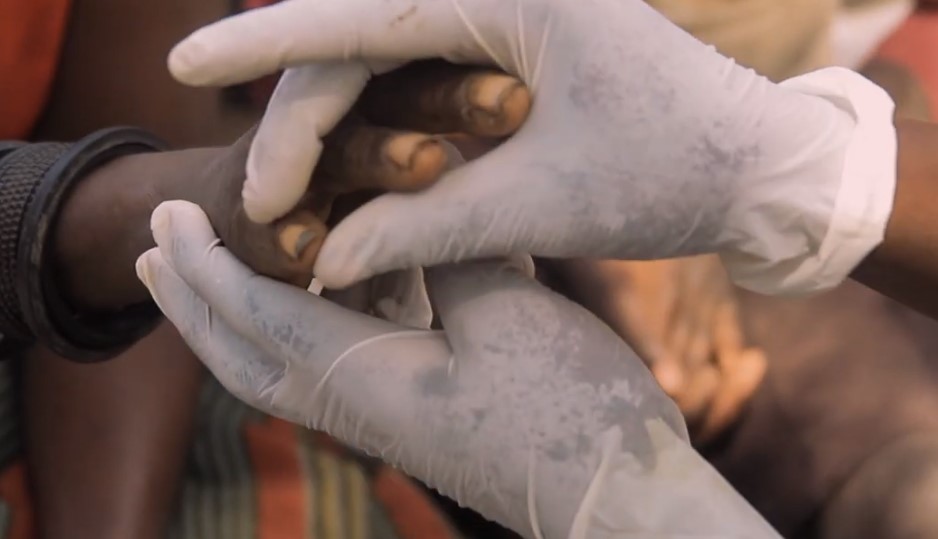Neglected tropical diseases (NTDs) continue to afflict communities across Uganda and other tropical regions, perpetuating cycles of poverty, ill-health, and social inequality. At Ifotrode.org, we believe that eliminating NTDs requires more than treating infections; it demands addressing the interconnected health of humans, animals, and the environment. This is where One Health principles come in.
What is One Health?
One Health is an integrated approach that recognises the interdependence of human health, animal health, and environmental health. It emphasises collaboration across sectors to prevent, detect, and respond to health challenges that cross these boundaries, such as zoonotic diseases, environmental degradation, and antimicrobial resistance.
Core Principles of One Health
- Interconnection of Health: Human health cannot be separated from the health of animals and the environment. Many NTDs, such as schistosomiasis and echinococcosis, involve water sources, livestock, and wildlife in their transmission cycles.
- Collaboration Across Disciplines: One Health calls for joint efforts from medical professionals, veterinarians, environmental scientists, and community leaders to implement integrated interventions.
- Prevention-Oriented Approaches: Instead of reacting to disease outbreaks, One Health promotes monitoring and preventing health threats at the source, including vector control and environmental management.
- Systems Thinking: Health challenges are complex and linked to social, ecological, and economic factors. Addressing NTDs requires understanding the local context, sanitation infrastructure, and community practices.
- Sustainable Solutions: Conservation and responsible use of natural resources reduce environmental risk factors that contribute to NTD transmission.
- Community Engagement: One Health prioritises involving communities in health education, environmental stewardship, and disease surveillance while respecting indigenous knowledge systems.
Why One Health Matters in Managing NTDs
NTDs often thrive in environments where there is poor sanitation, unsafe water, and close interaction between humans, livestock, and wildlife. For example:
- Schistosomiasis is linked to contaminated water sources.
- Soil-transmitted helminths are associated with inadequate sanitation and hygiene.
- Leishmaniasis involves sandfly vectors in degraded environments.
- Rabies requires coordinated animal and human vaccination efforts.
One Health approaches integrate environmental management, veterinary care, and human health interventions to address the root causes of NTD transmission, making interventions more sustainable and effective.
Practical Applications of One Health in Uganda
- Water, Sanitation, and Hygiene (WASH): Improving community access to clean water and sanitation facilities to reduce schistosomiasis and soil-transmitted helminths.
- Vector Control: Managing mosquito and sandfly populations through environmental clean-up and biological control methods to prevent diseases like lymphatic filariasis and leishmaniasis.
- Animal Health Programs: Vaccination campaigns for rabies control and deworming livestock to reduce zoonotic transmission of certain parasites.
- Environmental Conservation: Protecting wetlands and forest ecosystems to reduce the risk of vector proliferation and to maintain biodiversity.
- Community Education: Training community health volunteers to recognise and report NTD cases while promoting hygiene and environmental practices that reduce disease risk.
Moving Forward: Our Commitment at Ifotrode.org
At Ifotrode.org, we are committed to working with communities, policymakers, and scientific partners to apply One Health principles in managing and eliminating NTDs in Uganda. We believe that integrating environmental, animal, and human health interventions provides a pathway towards healthier, more resilient communities.
By prioritising prevention, fostering collaboration across sectors, and engaging communities, we can create lasting change in the fight against NTDs and ensure healthier futures for all.
If you are a community health worker, policymaker, or youth leader interested in partnering with us on One Health-based NTD elimination projects, contact us at info@ifotrode.org.
